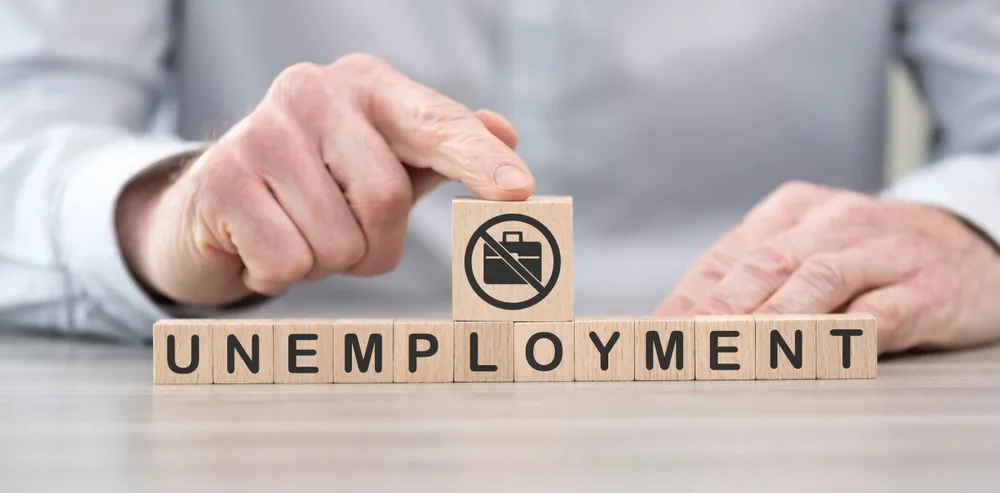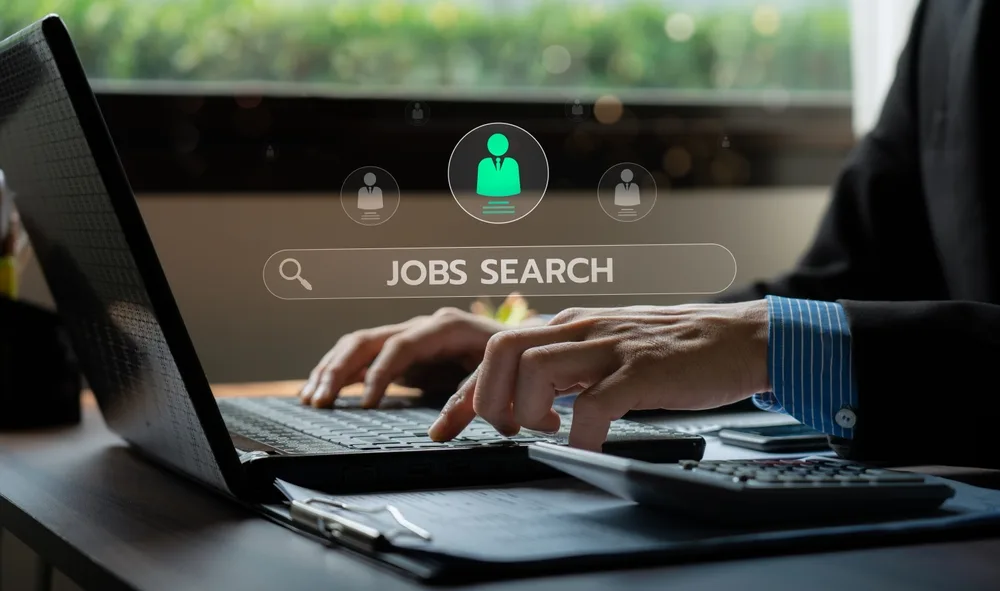
You might have heard a lot of talk about unemployment lately, and not in a good way. The current unemployment rate in the United States has jumped to 4.2% as of November 2024.
The current high unemployment rate is a big deal, and it affects everyone in one way or another. While the current situation is tough, it also offers opportunities for growth and innovation. So, what does it all mean for us as a country? Let’s dive in and take a look.
The Reality Check
First things first, what exactly is the unemployment rate? It’s the percentage of people who are actively looking for work but can’t find any.
When this rate is high, like it is now, it means a lot of folks are out of work. This isn’t just a number; it’s a reflection of real people struggling to make ends meet.
Economic Slowdown
One of the biggest impacts of high unemployment is on the economy. When people aren’t working, they’re not earning money, and if they’re not earning money, they’re not spending it.
This leads to a slowdown in economic activity. Businesses suffer because there’s less demand for their products and services, and this can lead to even more layoffs—a vicious cycle.
With high unemployment, the government often steps in to try and stabilize things. This can include measures like:
- Unemployment benefits
- Stimulus checks
- Job creation programs
While these efforts are crucial for helping those in need, they also put a strain on public finances and can lead to increased national debt.
Social and Mental Health Impacts
Let’s not forget the human side of high unemployment. Being out of work can take a serious toll on mental health.
Stress, anxiety, and depression are common among those struggling to find a job. There’s also the social stigma that can come with being unemployed, which can make people feel isolated and hopeless.
The Skills Dilemma
High unemployment can sometimes highlight a mismatch between the skills people have and the skills employers need. This skills gap means that even if there are job openings, there aren’t enough qualified people to fill them. Investing in education and training programs is essential to help bridge this gap and get people back to work.
The Role of Education
Education plays a crucial role in addressing the skills gap. As industries evolve, the demand for new skills increases.
Unfortunately, many educational systems and training programs haven’t kept pace with these changes. This lag leaves many workers without the skills needed for modern jobs, particularly in technology-driven fields like:
- IT
- Engineering
- Advanced manufacturing
Investing in education and training programs is essential to bridge this gap. For example, community colleges and vocational schools offer programs that can quickly equip students with in-demand skills. Online courses and certifications are also becoming more popular as they provide flexible and accessible options for continuous learning.
Furthermore, partnerships between businesses and educational institutions can be a game-changer. Companies can provide input on curriculum development to ensure that graduates have the skills they need. Apprenticeship programs and internships can also give students real-world experience, making them more attractive to potential employers.
Lifelong Learning
In today’s fast-paced world, lifelong learning is more important than ever. Encouraging individuals to continually update their skills and knowledge can help mitigate the impact of unemployment. This approach not only benefits the individual by enhancing their employability but also helps businesses by creating a more adaptable and skilled workforce.
Government policies can support this by providing funding for retraining programs and incentivizing businesses to invest in employee development. For instance, tax breaks for companies that offer training programs can motivate more firms to contribute to workforce development.
Long-Term Consequences
The longer someone is unemployed, the harder it can be to get back into the workforce. Gaps in employment history can make it tough to land a job, and skills can become outdated. This is particularly concerning for young people and new graduates who are just starting their careers. If they can’t find work, it can set them back for years.
Impact on Communities
High unemployment doesn’t just affect individuals; it impacts entire communities. When large numbers of people are out of work, it can lead to:
- Higher crime rates
- Lower property values
- A general decline in the quality of life
Communities that were already struggling can be hit the hardest, creating a cycle of poverty and hardship.
Finding a Way Forward
So, what can be done? Tackling high unemployment requires a multifaceted approach. Governments need to create policies that encourage job creation and support industries that are struggling.
Education and training programs are essential to help workers adapt to changing job markets. And on a personal level, networking, continuing education, and staying flexible can help job seekers find new opportunities.
A Time for Innovation
Interestingly, high unemployment can also be a time of innovation. With traditional job markets in flux, more people might turn to entrepreneurship, starting their own businesses or finding creative ways to make a living. This can lead to new industries and job opportunities that didn’t exist before.
The Power of Further Education: Your Key to Avoiding Unemployment and Standing Out
In today’s competitive job market, investing in further education is more crucial than ever. Not only can it help you avoid the pitfalls of unemployment, but it also equips you with the skills and knowledge to stand out from other job candidates. Here’s why further education is a game-changer:
1. Staying Ahead of the Curve
The job market is constantly evolving, with new technologies and methodologies emerging all the time. By continuing your education, whether through degree programs, certifications, or online courses, you stay ahead of these changes. This proactive approach makes you more adaptable and less likely to be caught off guard by shifts in industry demands.
2. Enhancing Your Skill Set
Further education helps you develop a diverse and comprehensive skill set. Employers look for candidates who bring a wide range of abilities to the table. By expanding your knowledge base, you become a more versatile and valuable employee, capable of taking on various roles within a company.
3. Increasing Job Security
Having advanced education and specialized skills can provide greater job security. Companies are less likely to let go of employees who possess critical skills and advanced knowledge. Moreover, individuals with higher education levels typically have lower unemployment rates compared to those with only a high school diploma.
4. Standing Out in a Crowded Market
When applying for jobs, your educational background can set you apart from other candidates. Employers often use education as a criterion for screening applicants, and having additional qualifications can give you a competitive edge.







